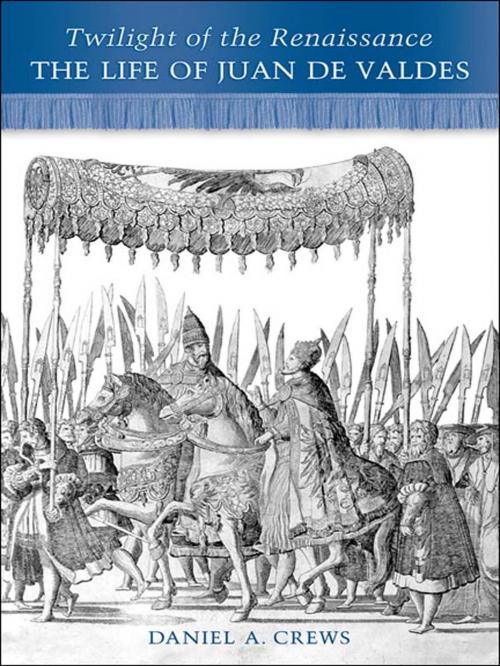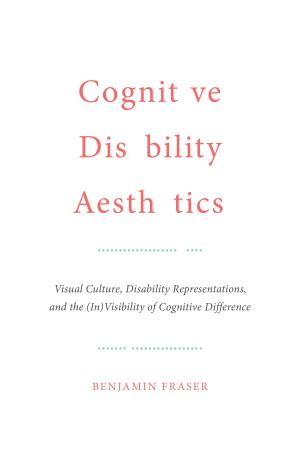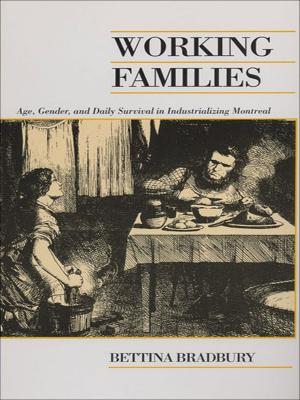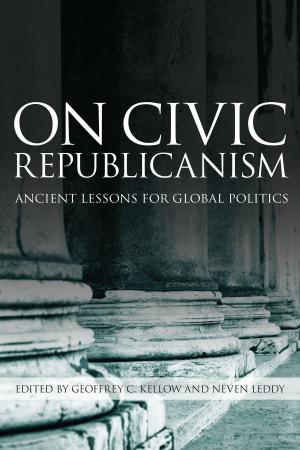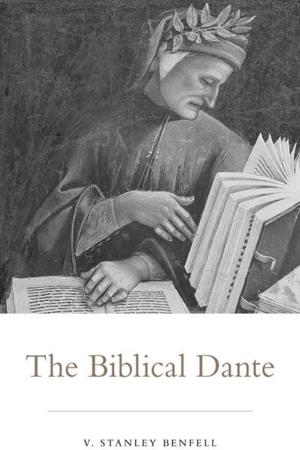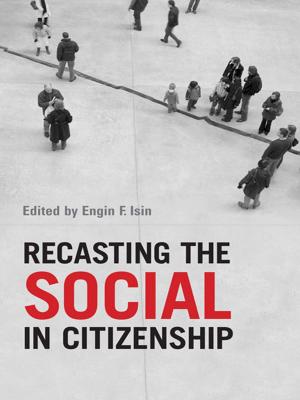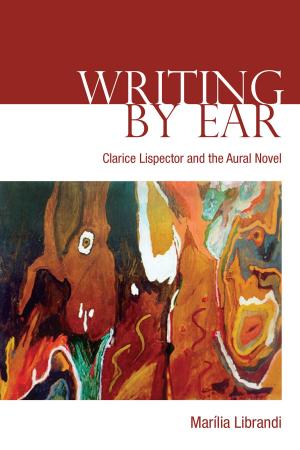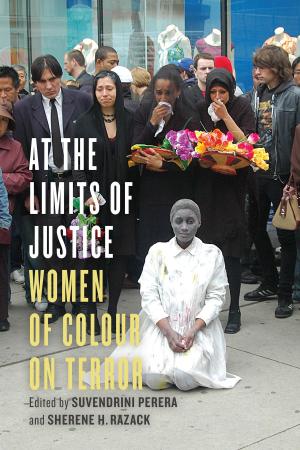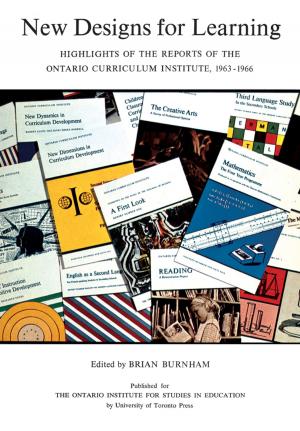| Author: | Daniel A. Crews | ISBN: | 9781442692978 |
| Publisher: | University of Toronto Press, Scholarly Publishing Division | Publication: | October 22, 2008 |
| Imprint: | Language: | English |
| Author: | Daniel A. Crews |
| ISBN: | 9781442692978 |
| Publisher: | University of Toronto Press, Scholarly Publishing Division |
| Publication: | October 22, 2008 |
| Imprint: | |
| Language: | English |
Diplomat, courtier, and heretic, Juan de Valdés (c.1500-1541) was one of the most famous humanist writers in Renaissance Spain. In this biography, Daniel A. Crews paints a lively portrait of a complex and fascinating figure by focusing on Valdés's service as an imperial courtier and how his employments in Italy - after brushes with the Spanish Inquisition - influenced both Spanish diplomacy and his own religious thought. Twilight of the Renaissance focuses on Valdés's political activities in Charles V's Italian alliance system and negotiations with the papacy, while painting a lively portrait of an intriguing and complex Renaissance figure.
Crews examines how Valdés, who was praised by two popes and, the emperor, was also branded a heretic almost immediately after his death. By considering Valdés's spirituality, as well as egotism, this incisive work reveals how the libertine atmosphere of the late Renaissance challenges the saintly Socratic image Valdés fashioned for himself in his writings.
Diplomat, courtier, and heretic, Juan de Valdés (c.1500-1541) was one of the most famous humanist writers in Renaissance Spain. In this biography, Daniel A. Crews paints a lively portrait of a complex and fascinating figure by focusing on Valdés's service as an imperial courtier and how his employments in Italy - after brushes with the Spanish Inquisition - influenced both Spanish diplomacy and his own religious thought. Twilight of the Renaissance focuses on Valdés's political activities in Charles V's Italian alliance system and negotiations with the papacy, while painting a lively portrait of an intriguing and complex Renaissance figure.
Crews examines how Valdés, who was praised by two popes and, the emperor, was also branded a heretic almost immediately after his death. By considering Valdés's spirituality, as well as egotism, this incisive work reveals how the libertine atmosphere of the late Renaissance challenges the saintly Socratic image Valdés fashioned for himself in his writings.
